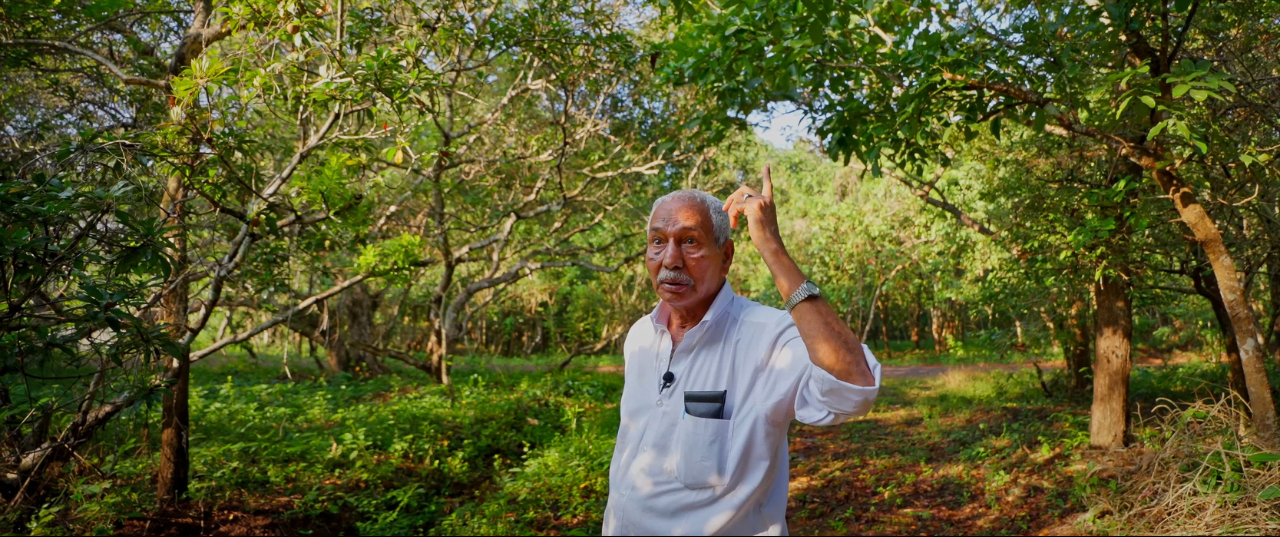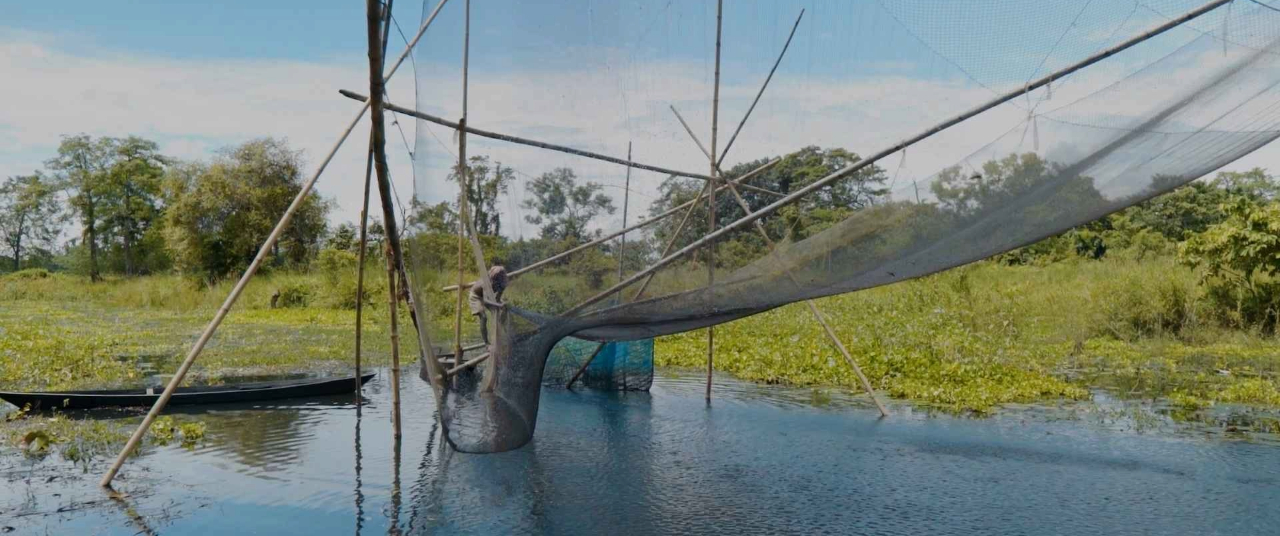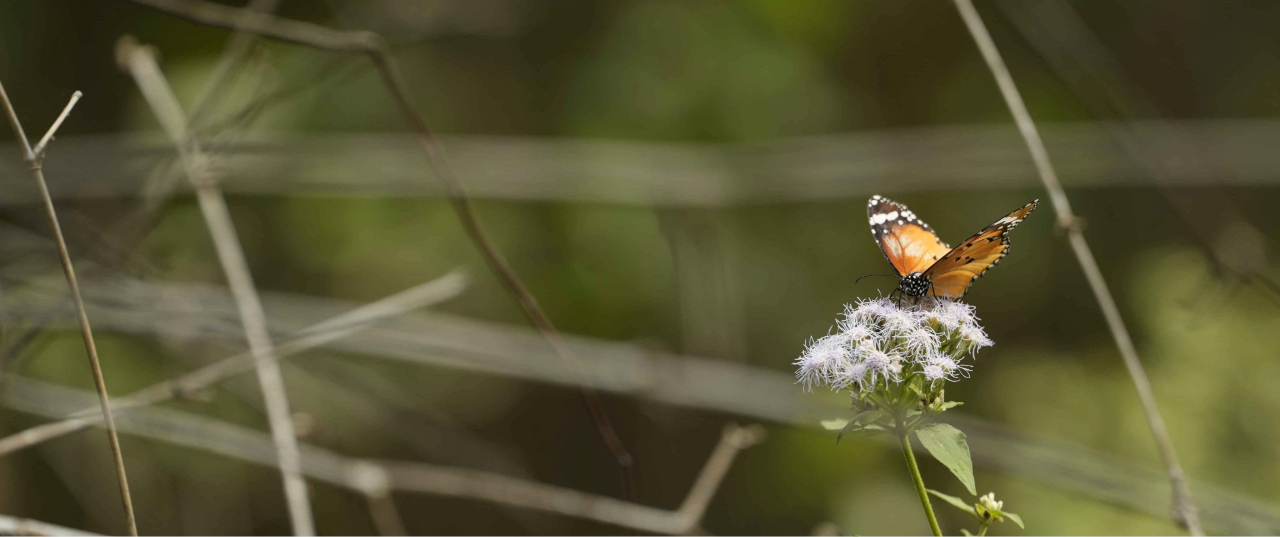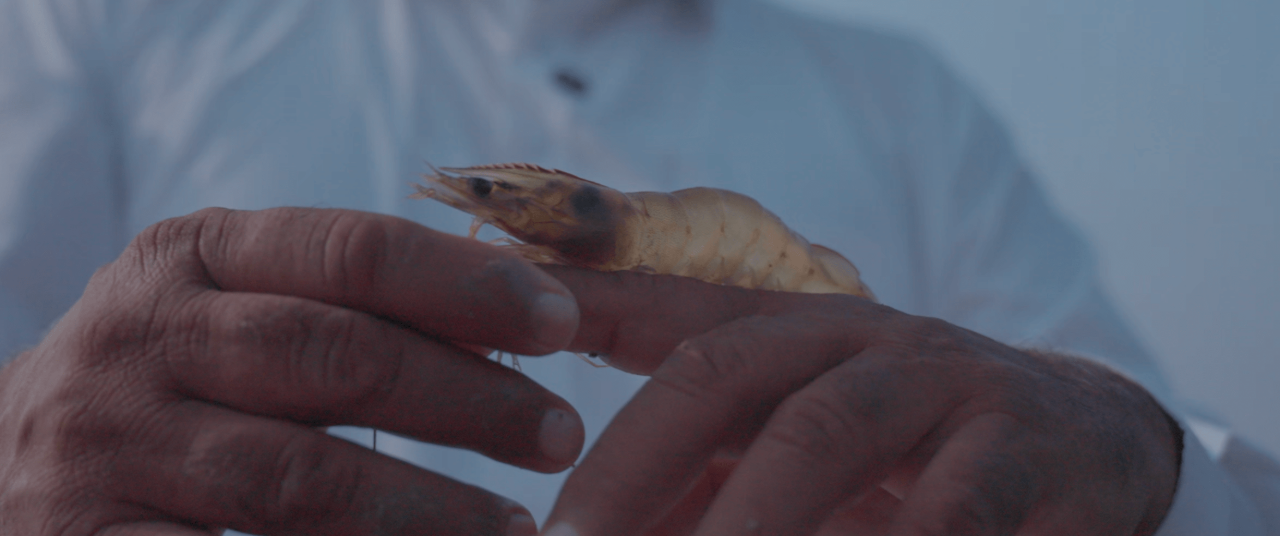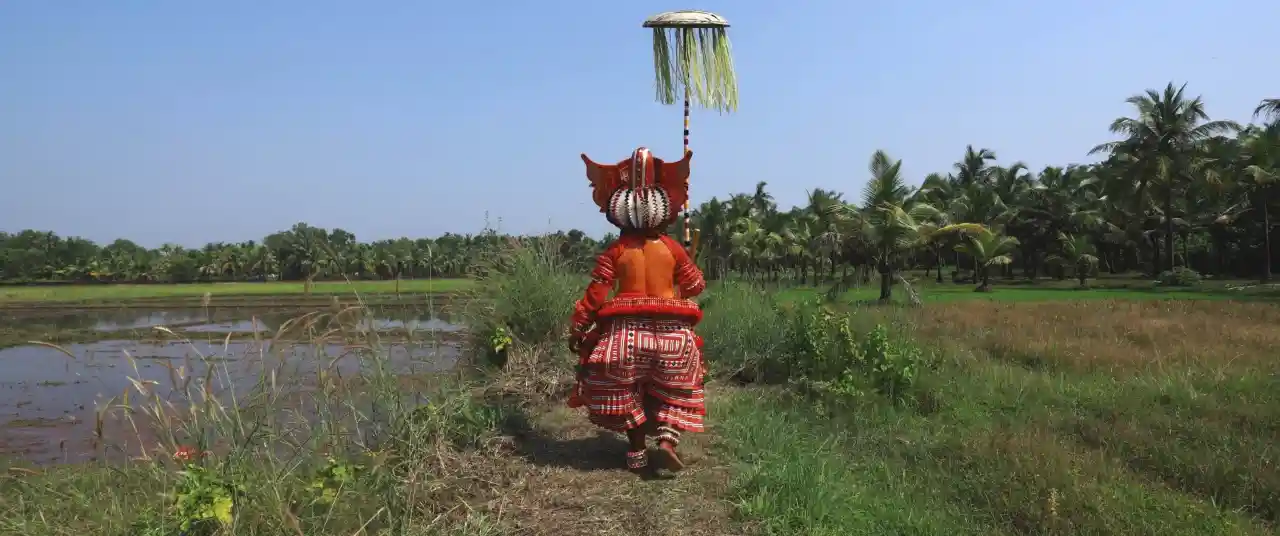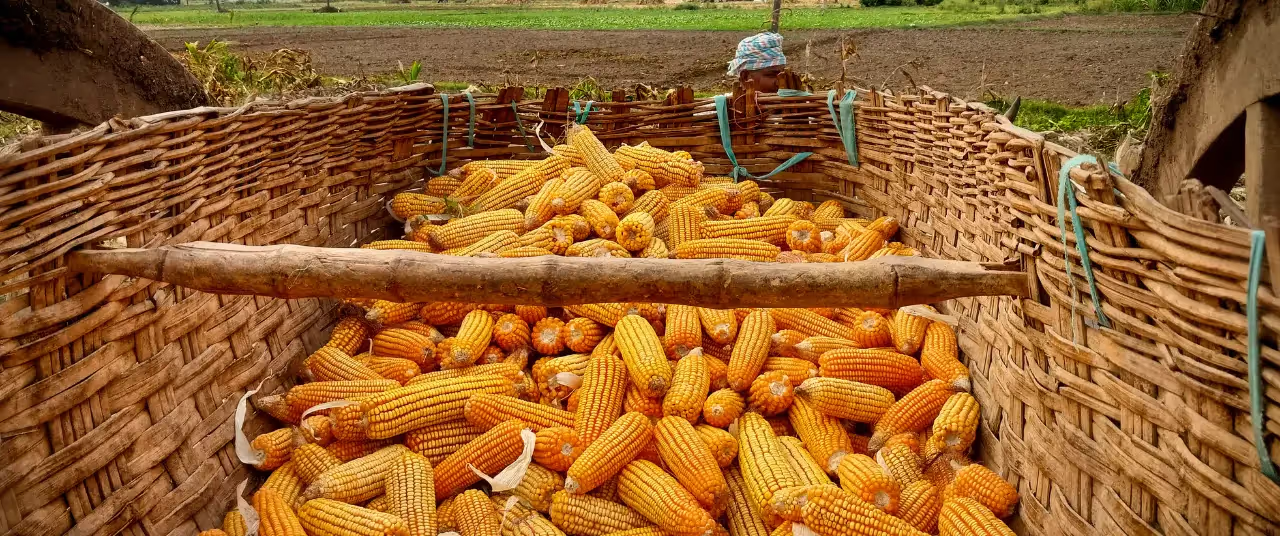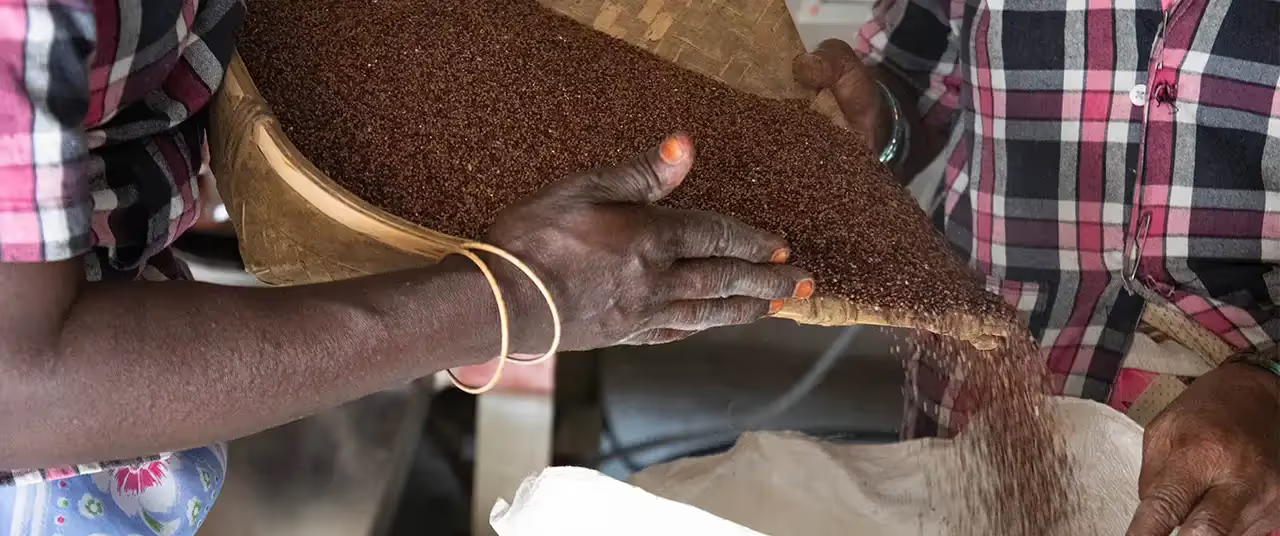Many of the pokkali fields in Edavanakkad, in Vypeen, one of Ernakulam’s prominent islands, lie barren today. Once, not too long ago, these fields were thriving, rewarding farmers with a bountiful yield. Rising labour costs and the impact of climate vagaries have led to rapidly dwindling pokkali cultivation. According to the Rice Research Station in Vyttila, the land under pokkali cultivation has come down from 24,000 hectares 10 years ago to below 6,000 hectares in 2014 in Ernakulam, Alappuzha and Thrissur combined.
Pokkali farmers are facing huge losses and a 3,000-year-old farming practice faces the threat of extinction.
Many of the pokkali fields in Edavanakkad, in Vypeen, one of Ernakulam’s prominent islands, lie barren today.
Once, not too long ago, these fields were thriving, rewarding farmers with a bountiful yield. Rising labour costs and the impact of climate vagaries have led to rapidly dwindling pokkali cultivation.
According to the Rice Research Station in Vyttila, the land under pokkali cultivation has come down from 24,000 hectares 10 years ago to below 6,000 hectares in 2014 in Ernakulam, Alappuzha and Thrissur combined.
A climate-adaptable GI-tagged crop, which is saline-tolerant, pokkali is cultivated in the estuarine pockets of Kerala (Ernakulam, Alappuzha and Thrissur).
The fields are readied in May and sowing takes place on June 15 every year. The crop relies heavily on the first monsoon showers from June to August. Harvest takes place in October to November.
After harvest, pokkali fields morph into shrimp farms. Traditionally, after harvesting pokkali, the fields are inundated with water from the backwaters and shrimp is cultivated till April. The shrimp feeds on the leftovers of the harvested crop.
Erratic monsoons and unpredictable weather patterns have thrown this ancient organic farming practice off gear, leaving farmers in a quandary.
The farmers who relied on the ancient wisdom and followed Nature’s clockwork rhythm, are left with no choice but to abandon farming for industrial agriculture.
The fields are being dug further to increase depth to be converted to artificial fish farms, which are more profitable, but goes against the sustainable ethos of pokkali-shrimp farming.
Though a few efforts are on to revive pokkali fields and farming, the pokkali is on the brink of an uncertain future.
You might also like
See all











